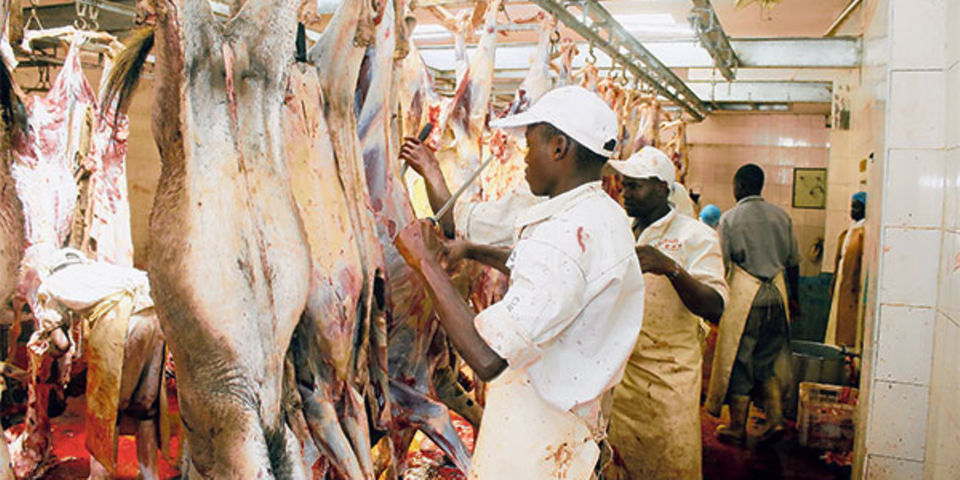Lucrative Donkey Meat Business Threaten to Wipe Out the Beast of Burden

By Isabella Maua
When Ministry of Agriculture commissioned the established and licensing of slaughterhouses after fulfilment of conditions stipulated in the Meat Control Regulation (1973 Act) there was hope for a lucrative donkey meat business in Kenya.
However, there was more to the lives of these African beasts of burden than met the eye.
When the Chinese sold Kenya the idea of readily available market for donkeys’ meat and by products, a total of 301,977 donkeys were slaughtered for export between April 2016 and December 2018.
This population represented a whopping 15% according to Kenya Agriculture and Livestock Research Organization (KALRO) Report of 2019.
Disheartening to note is that the annual mean rate (5.1%) annual of donkeys slaughtered was 5 times higher than the donkey population growth rate (1.04%).
With the trend remaining constant, the report projection indicated that the donkeys’ population would be depleted in the next 3 years (2023).
Demand for donkey products in international markets has led to the ban of donkeys’ slaughter in some African countries due to the rising cases of donkey theft and slaughter in bushes.
Kenya has however been acting in contrast with its counterparts by licensing donkey slaughter houses to meet the growing demand of the animals’ products.
Among countries that banned donkeys slaughter were Botswana, Mali, Niger, Burkina Faso, Tanzania, Senegal and Ethiopia.
Better still interested firms and organizations (like Ripple Effect and Brooke: Action for working horses and donkeys) have passionately continued pursuing ways and methods of saving the lives these friendly beasts.
The benefits of donkey’s skin include but are not limited to production of snacks, beauty products, sex stimulating products, anti-aging properties, curing anaemia and boosting energy as well as in traditional Chinese medicine known as ejiao.
Donkey’s future however, remains in limbo as the insatiable demand for its skin and meat keep growing and risking their depletion. The government as expected should step up and be advocates for the long forgotten beast of burden.





